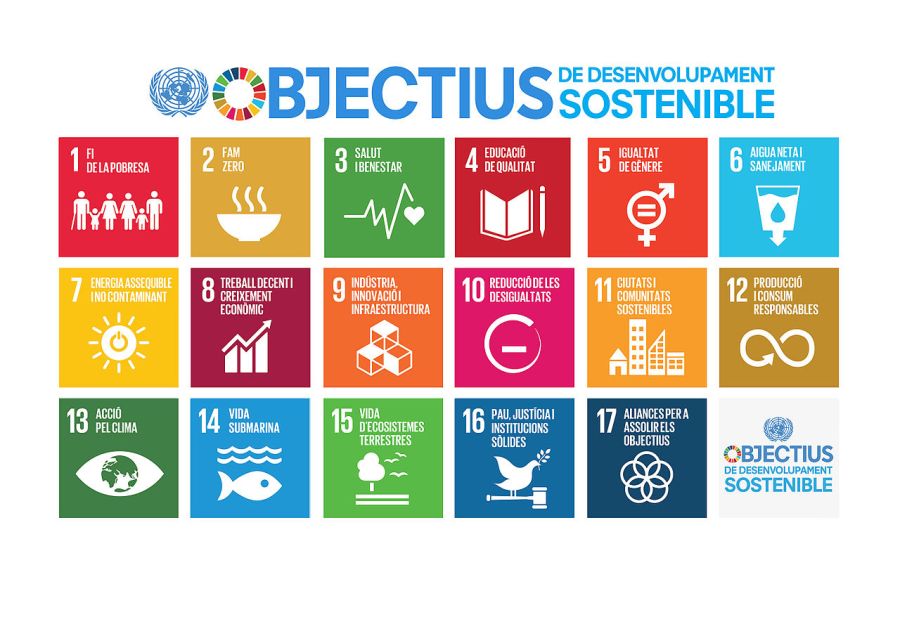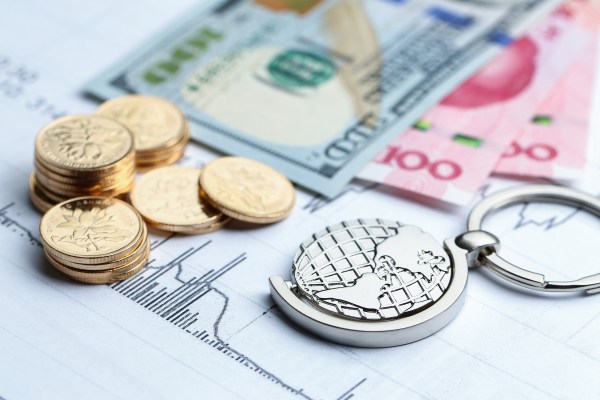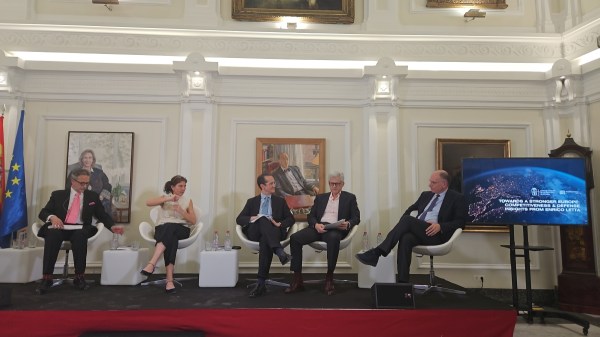The Sustainable Development Goals (SDGs) are 17 goals proposed by the United Nations which are included in the 2030 Agenda for Sustainable Development. These goals call for integrated action to promote social welfare, economic prosperity, environmental sustainability, and global cooperation. Nonetheless, we are closer and closer to 2030 and the progress is not evolving as expected.
In response to these challenges, the UN released “Europe’s Sustainable Development Report 2023/24”, which focuses on Europe’s path to achieving the goals. The report highlights that none of the 17 SDGs are in track to be achieved by 2030, emphasizing the need for decisive action.
According to International Telecommunications Union (ITU) and the UN development program (UNDP), digitalization directly benefits 70 percent of SDG targets. Therefore, to achieve these goals, the EU further promote the role of digital technologies and connectivity in the green transition.
10 Key priorities to achieve sustainable goals
Multiple UN studies state that even though progress has slowed down, the goals are still attainable. In order to achieve them, the UN has stablished 10 key priorities in which the EU has to focus and digitization has the potential to help achieve them.
- Significantly reduce the risk of poverty and social exclusion of European citizens.
- Double down efforts to achieve net-zero emission in the EU by 2050, with major breakthroughs by 2030.
- Strengthen regional and local authorities in achieving the SDGs- Regularly monitor and report SDG progress at all levels.
- Curb negative international spillovers and support the transformation towards a sustainable trade system.
- Leverage team Europe for global SDG diplomacy.
- Step up Europe´s multilateral role- Lead global efforts to reform the global financial architecture.
- Re-focus the EU´s international Partnerships on the SDGs.
- Mobilize the financial means for transformations towards a sustainable future.
- Institutionalize the Integration of the SDGs into Strategic Planning, Macroeconomic Coordination, budget processes, research and innovation missions, and other policy instruments.
- Set up new permanent mechanisms for structured and meaningful engagement with civil society, including youth.
The year 2024 will be full of political changes. In June will take place the European Parliament election and the establishment of a new European Commission. When deciding the new priorities for the 2024-2029 period, the new political powers need to assess and incentivize new solutions to ensure that the EU is on track to achieve the SDGs before 2030.

Digitalization for society
Digital solutions improve people´s quality of life, facilitate equitable growth and protect the environment. According to the UNDP SDG Digital Acceleration Agenda, digital solutions can help in the consecution of most of the SDG´s.
- According to the Digital Economy and Society Index (DESI) and the people at risk of social exclusion index (AROPE), digitalization can lower the percentages of population at risk of poverty (SDG #1) by enabling access to financial institutions, new economic opportunities and by providing data for decision-making on policy development.
- Projects like Smart Agro, deal with indoor cultivation through IoT, 5G and machine learning, developing a much more organic food production in less space and with lower environmental impact. Digital technologies have the possibility to increase crop yield over 900 kg per hectare by 2030 (SDG #2). Smart agriculture can save 251 billion liters of water by 2030. (SDG #6)
- With e-health, 1.6 billion people can access affordable and higher-quality medical services. Telefónica has worked in projects like 5G Blood Diagnosis, and a virtual operating room aimed to increase the wellbeing of citizens. Other activities like connected car solutions could save up to 720,000 lives per year and prevent up to 30 million traffic accidents (SDG #3)
- Online learning and digital tools can help close the educational gap in the world. Projects like Profuturo, aim to provide quality digital education to children from vulnerable environments. This program has already benefit 28 million children in 40 countries (SDG #4)
Digitalization for sustainability
Digitalization is an enabler for other industries to become more sustainable. It can help towards reducing CO2 emissions, a better management of water and a more sustainable production and consumption of products.
- Digitalization has the opportunity to create a more efficient use of water resources. Solutions as smart water management can improve the measuring and monitoring of water supplies to identify interventions and support decision-making. Telefonica has developed projects with Canal de Isabel II which with IoT meters has reduced water leakage by 40%, cut operating and maintenance costs by 20%, and improved customer satisfaction rates by up to 60%. (SDG #6)
- Digitalization of electricity grids can achieve greater operational efficiency and resilience. Telefónica Tech is implementing the Smart Metering Program which deploys IoT to provide connectivity to 53M gas and electricity metering devices. The deployment of digital solutions can deliver net energy savings of 15% to 22% across the EU. (ODS #7)
- The industry has reduced its emissions by 51% in the last eight years, but it is also an enabler to decarbonize other industries and reduce their emissions. In 2022, thanks to the efficiencies generated by Telefonica´s connectivity and Eco Smart services, our customers avoided the emission of 81.7 million tons of CO2. ICTs help save around 20% of global CO2 emissions (SDG #13).
- Digital solutions can monitor and optimize the use and distribution of resources. Telefónica Tech´s IT Lifecycle Service is helping BMI recover the value from legacy IT while improving its sustainability position. This initiative will cut 1 million KG of CO2 and reduce e-waste by 6,000 KG over 2 years. In Telefónica we have the goal of becoming a Zero Waste company, we refurbish and reuse 90% of customer Premise Equipment and 100% of network equipment. (ODS #12)
On the midst towards the 2030 agenda, the progress towards achieving the 17SDGs is not going as expected. If we want to achieve these goals, the new Commission will have to incentivize new solutions, digital technologies have the possibility to ease the way towards the consecution of the objectives as it is beneficial for the economy, the society and the environment. Differences in regulatory requirements slow down the deployment of smart technologies, as they increase the complexity associated with their development and utilization, and the cost.











